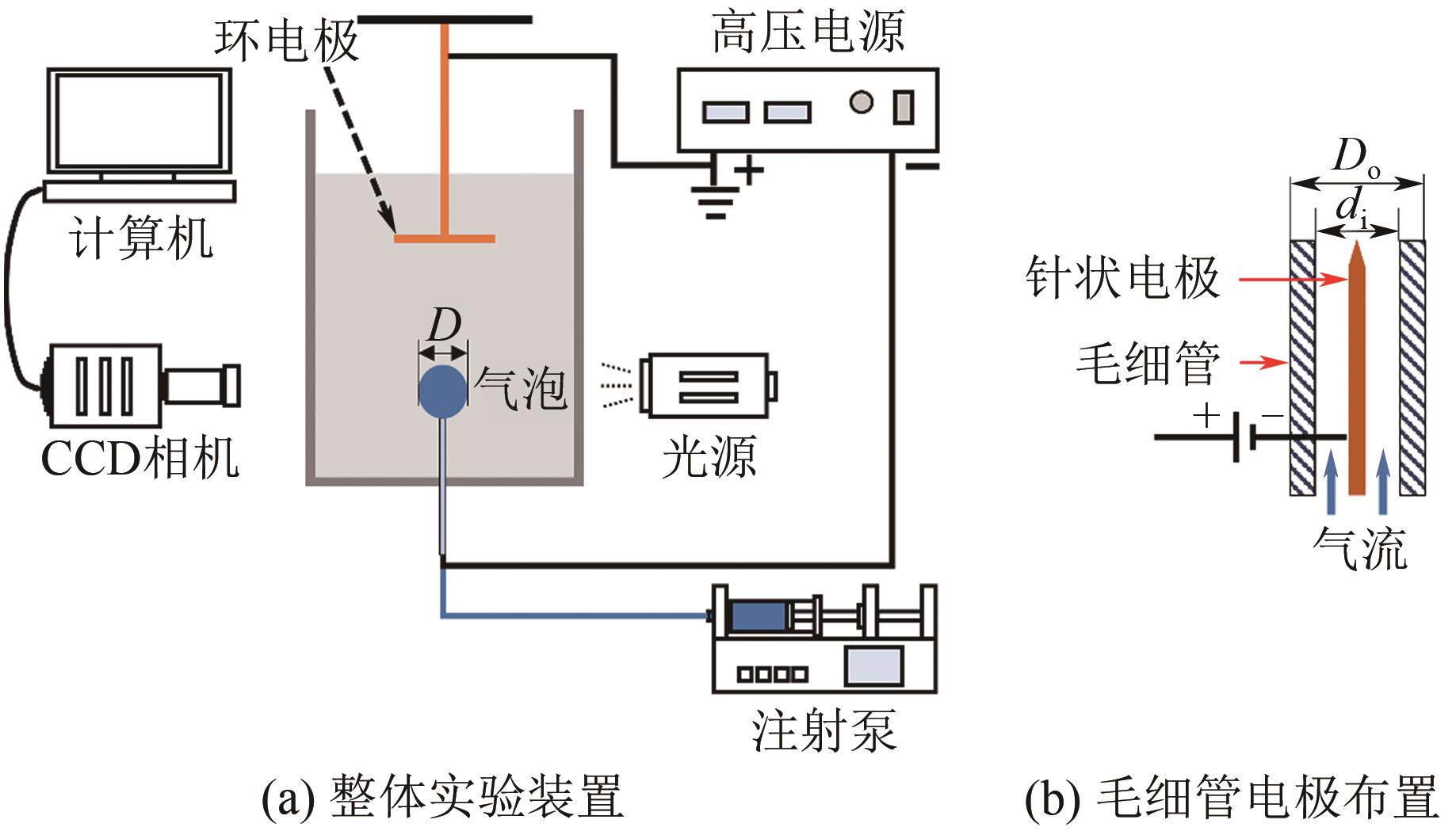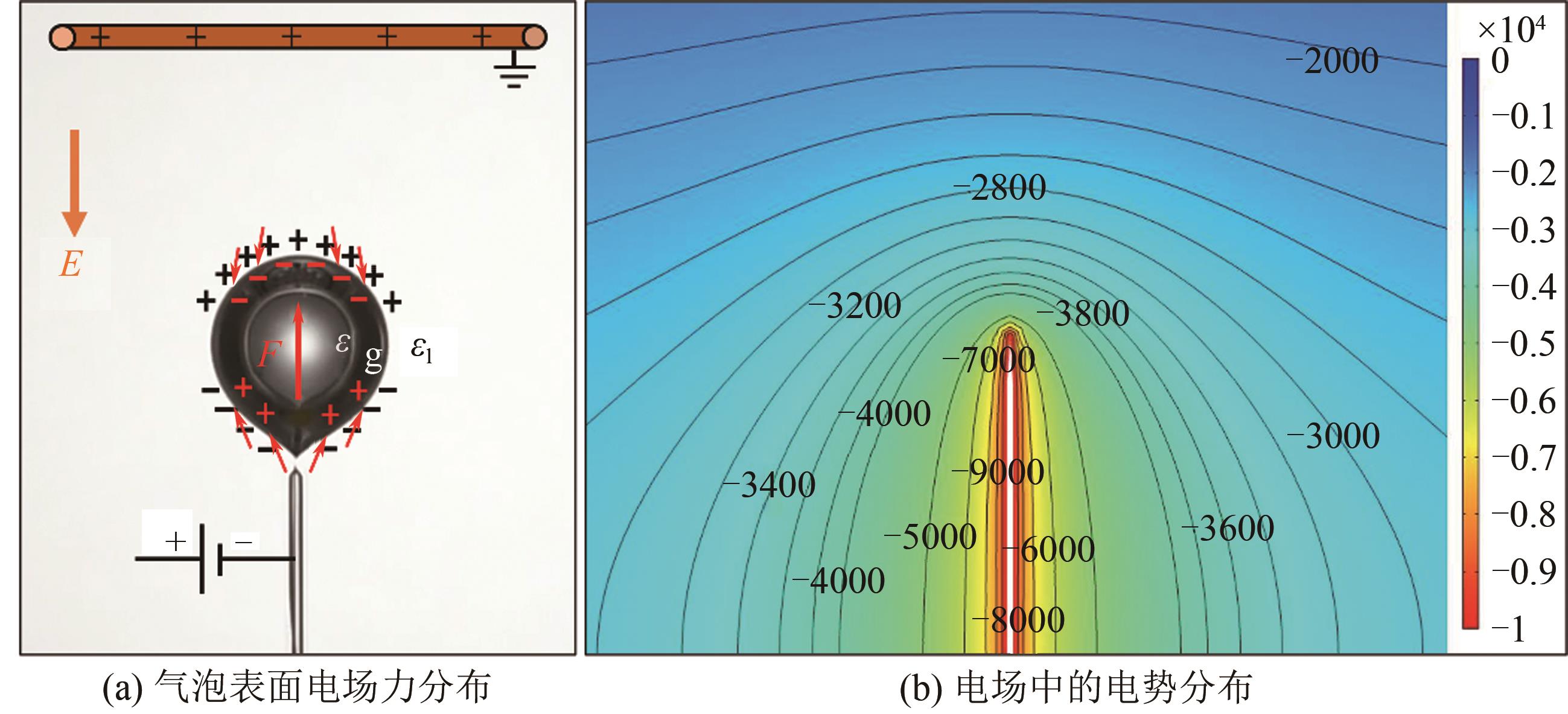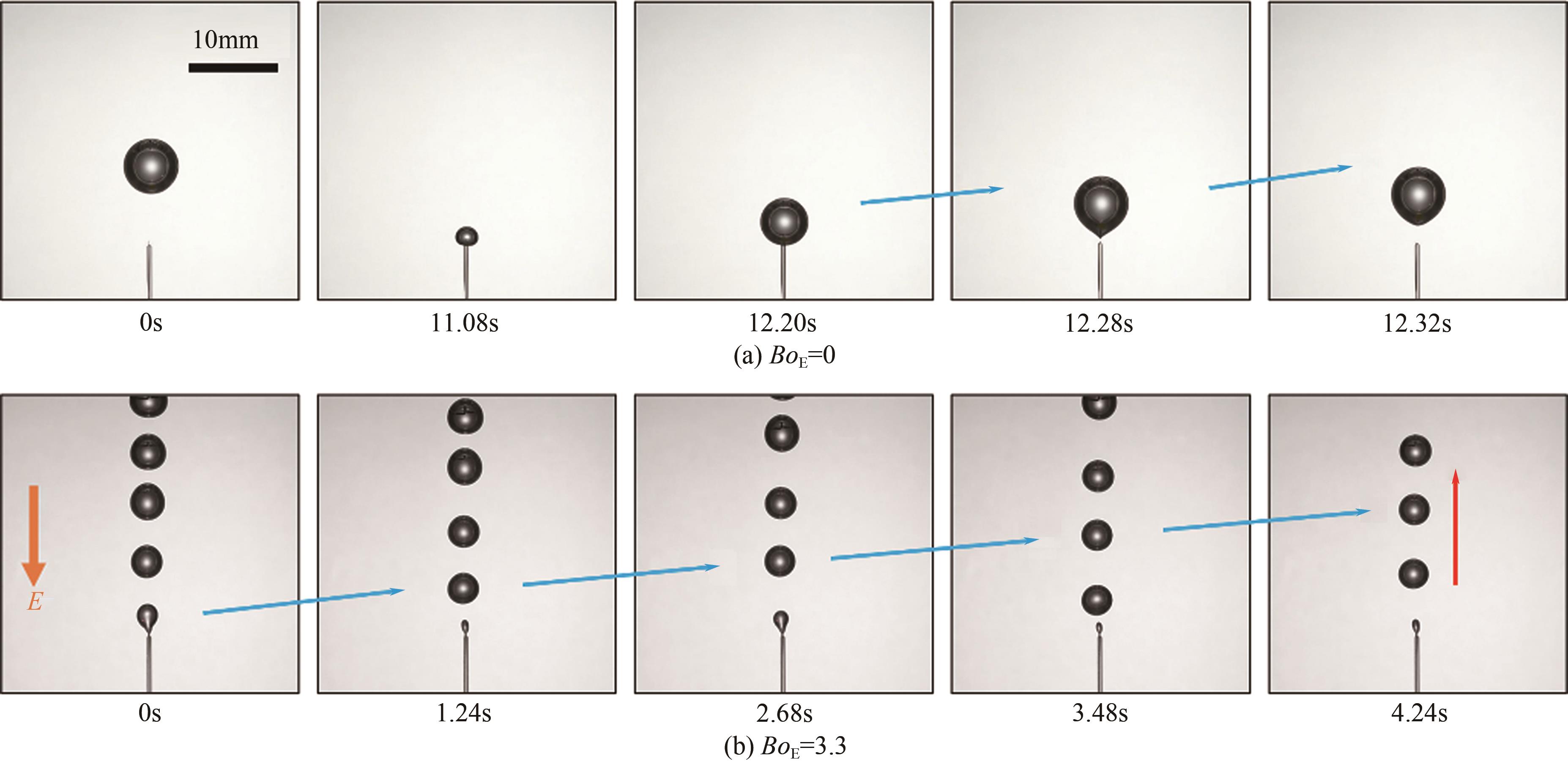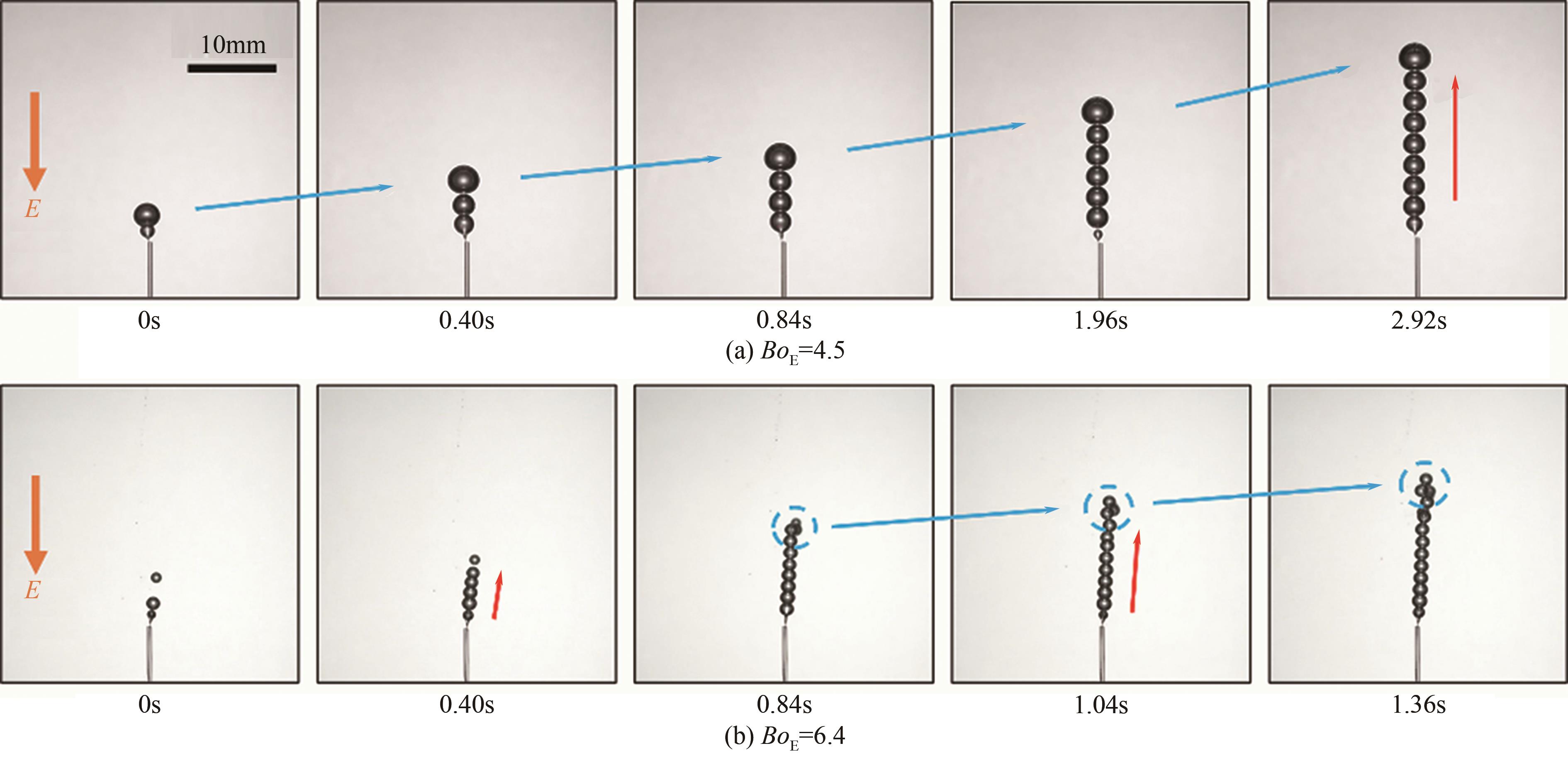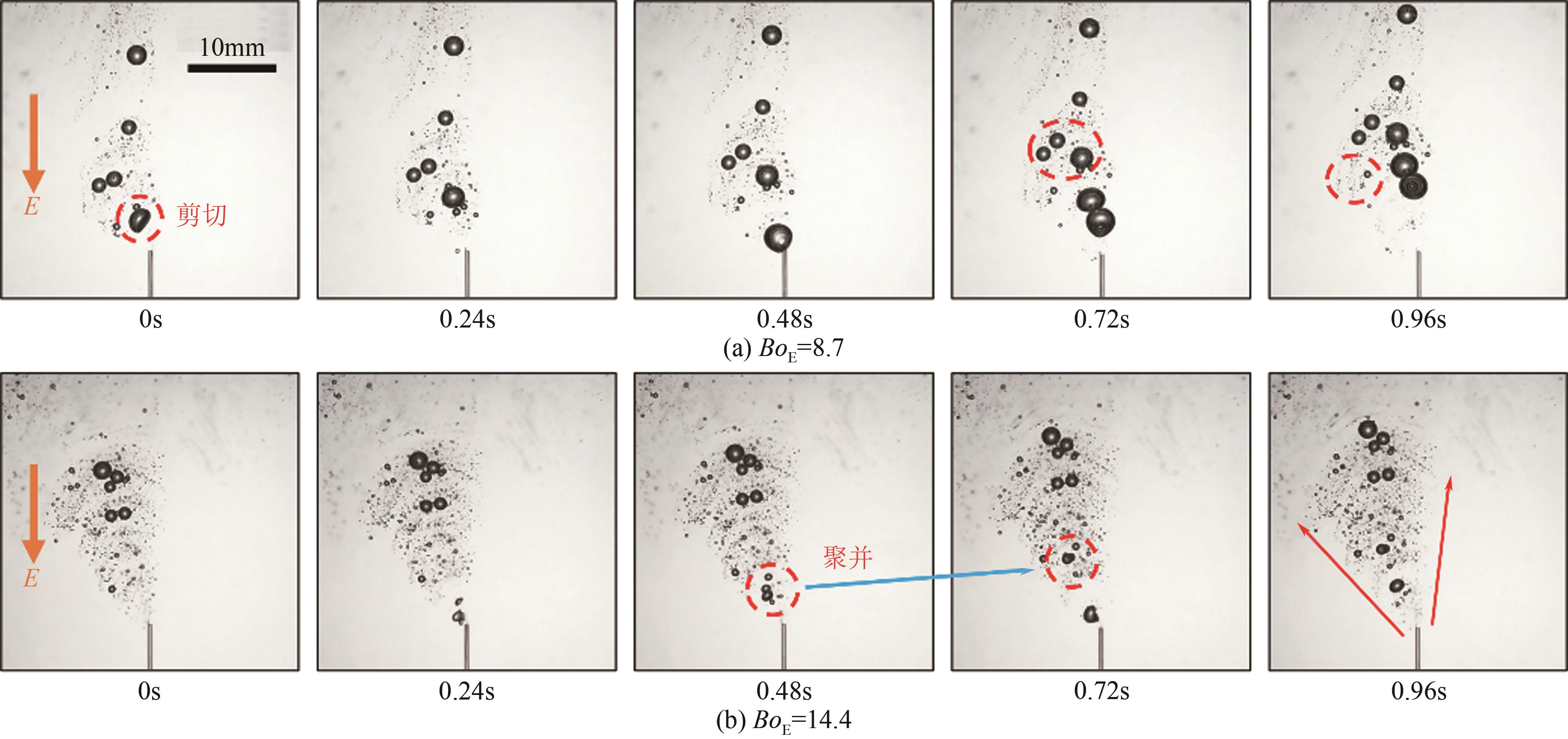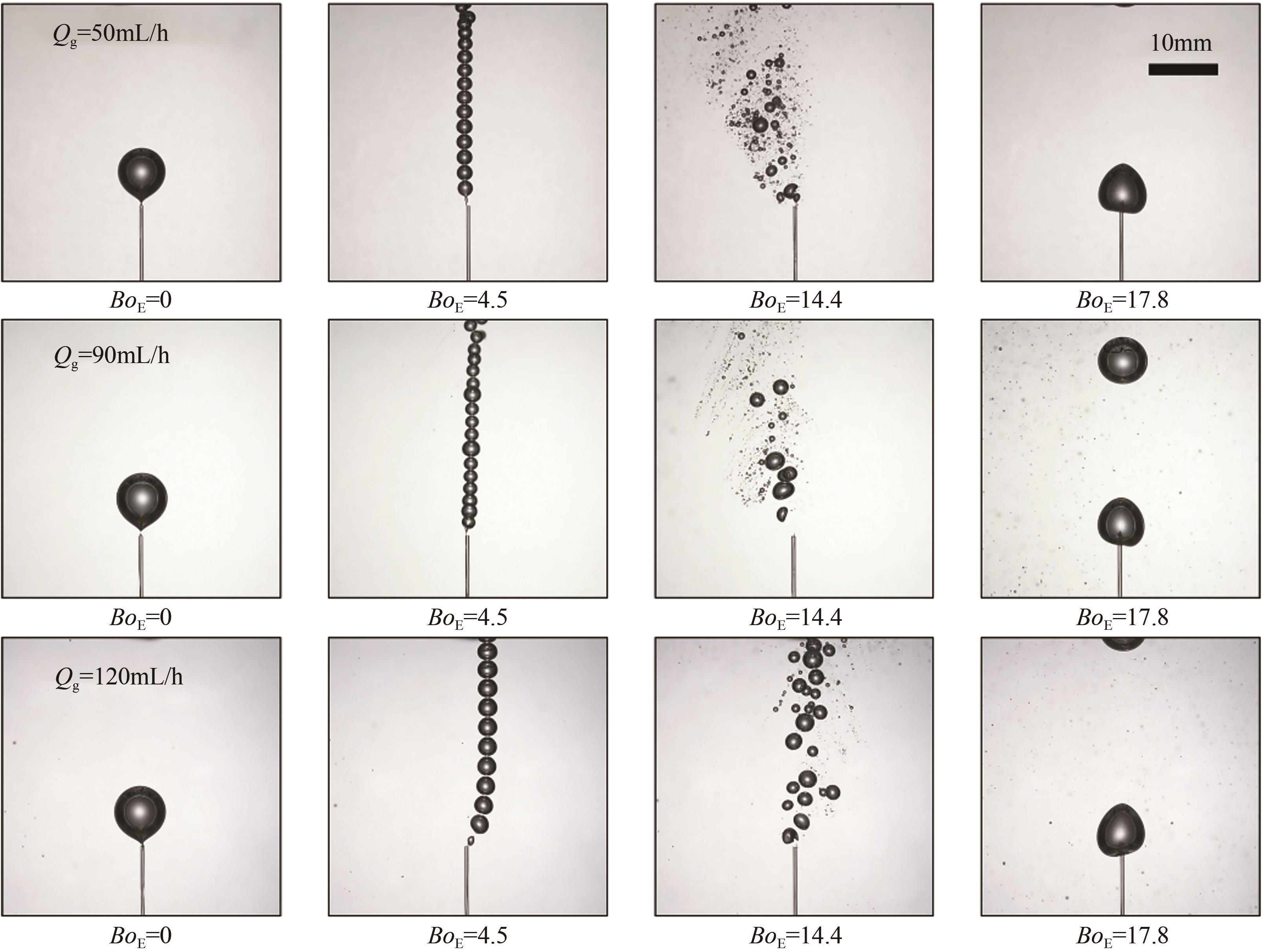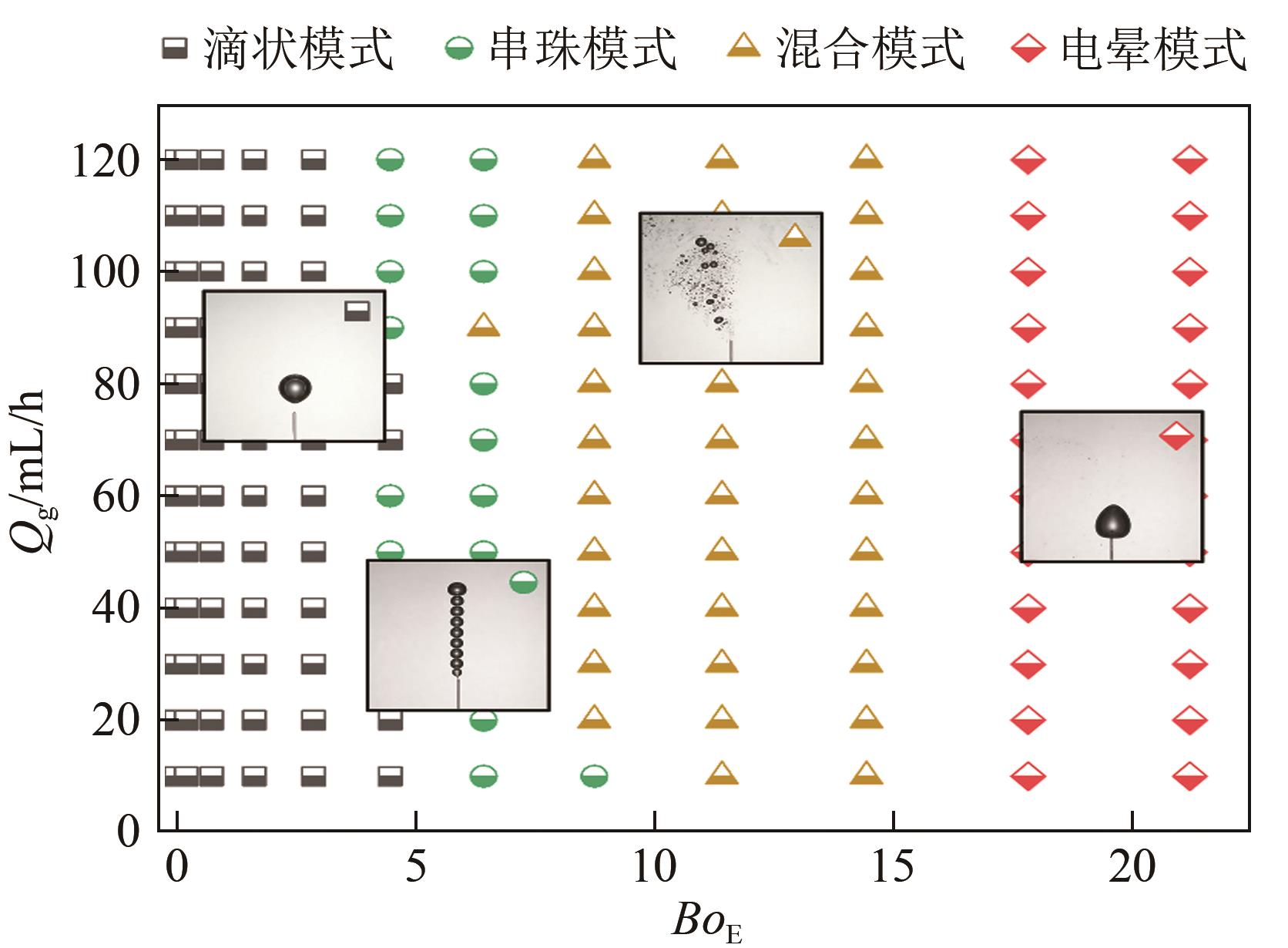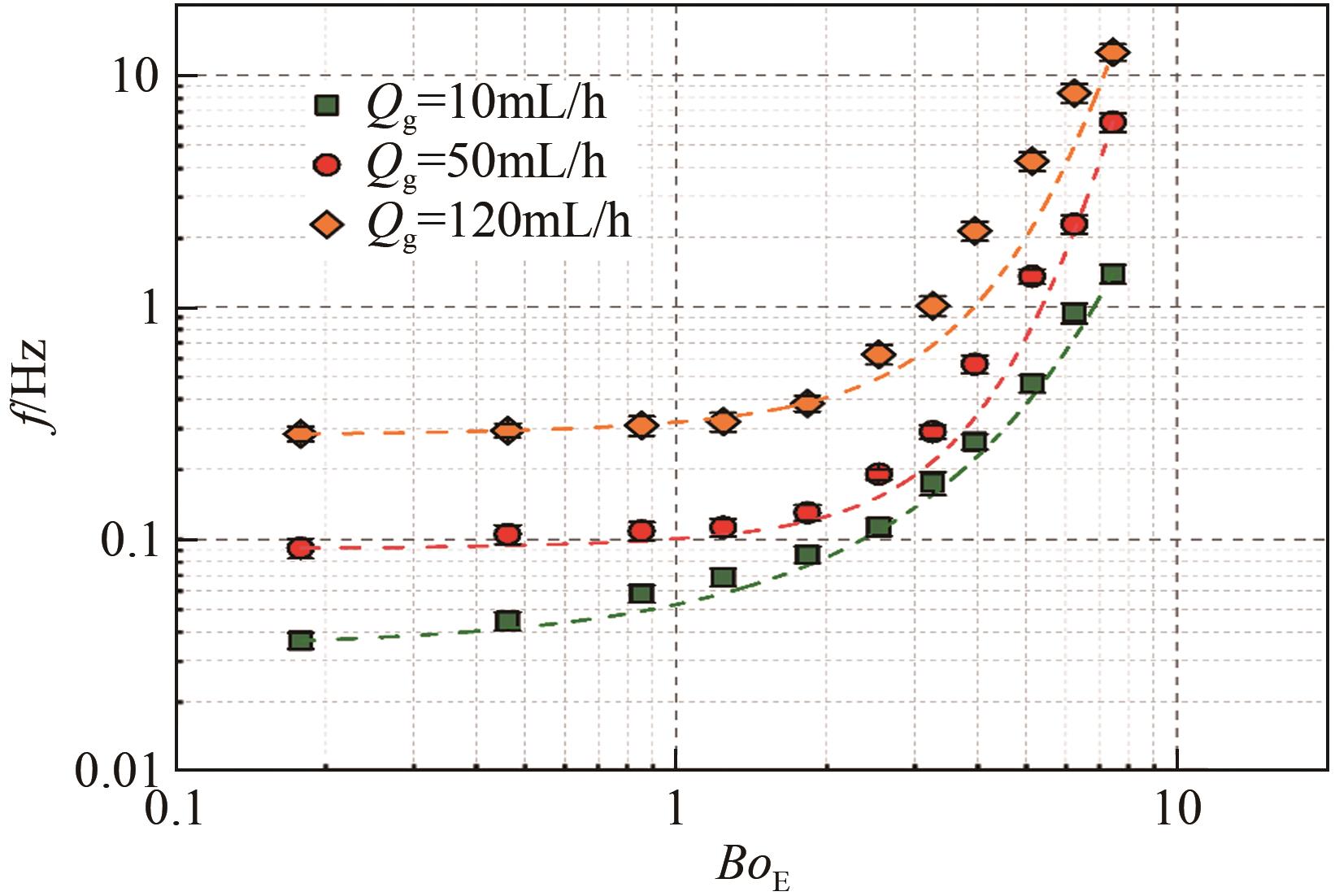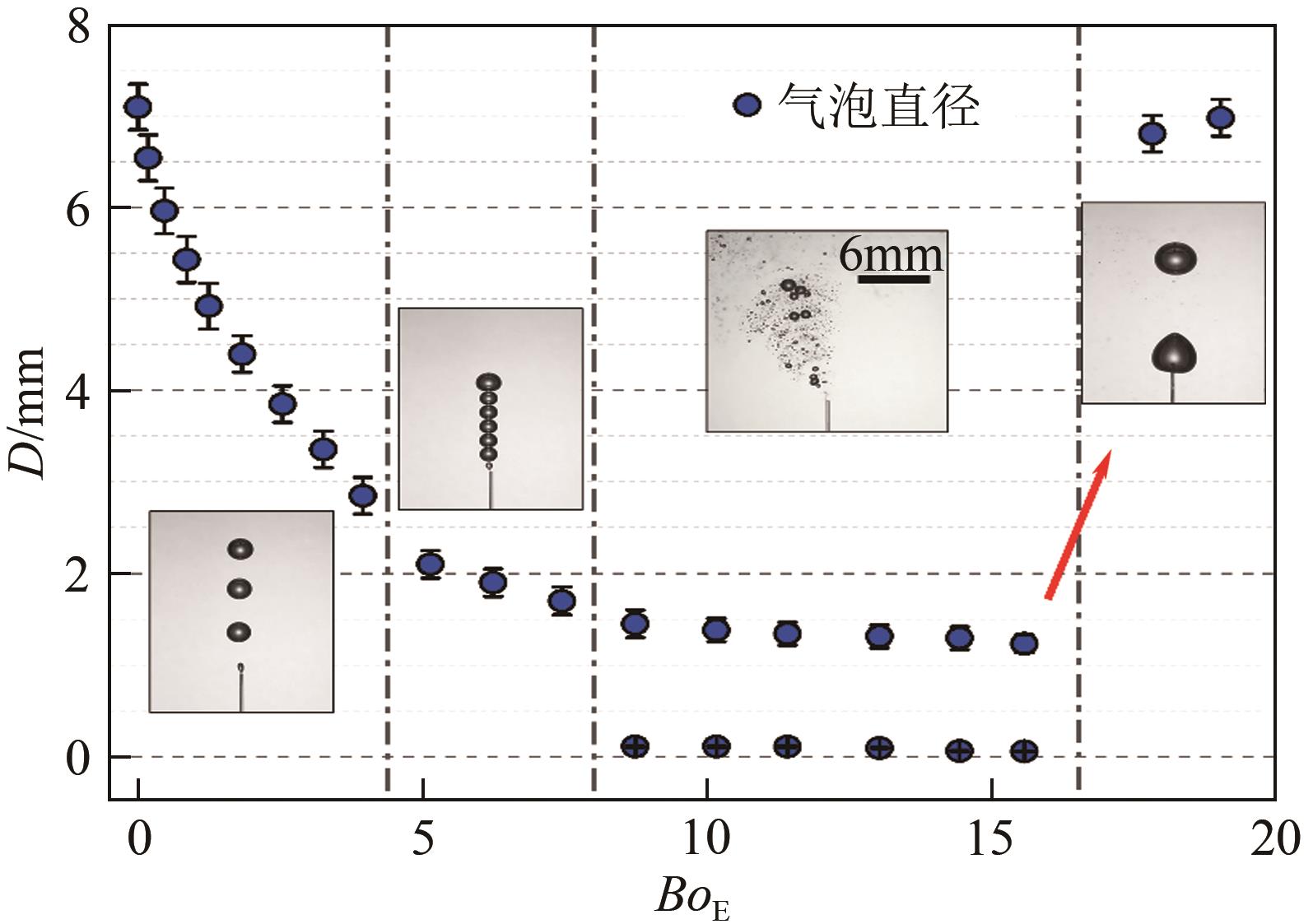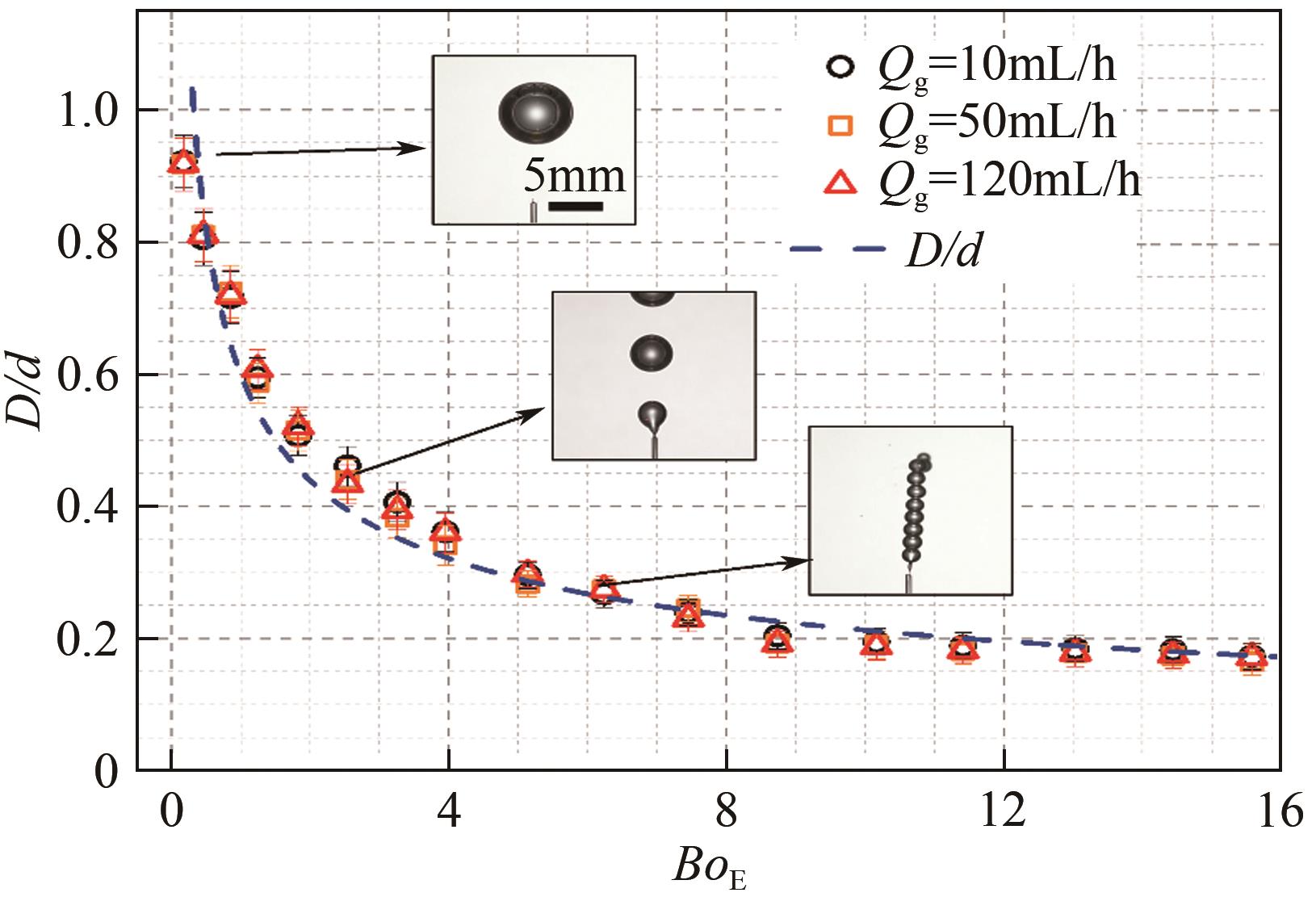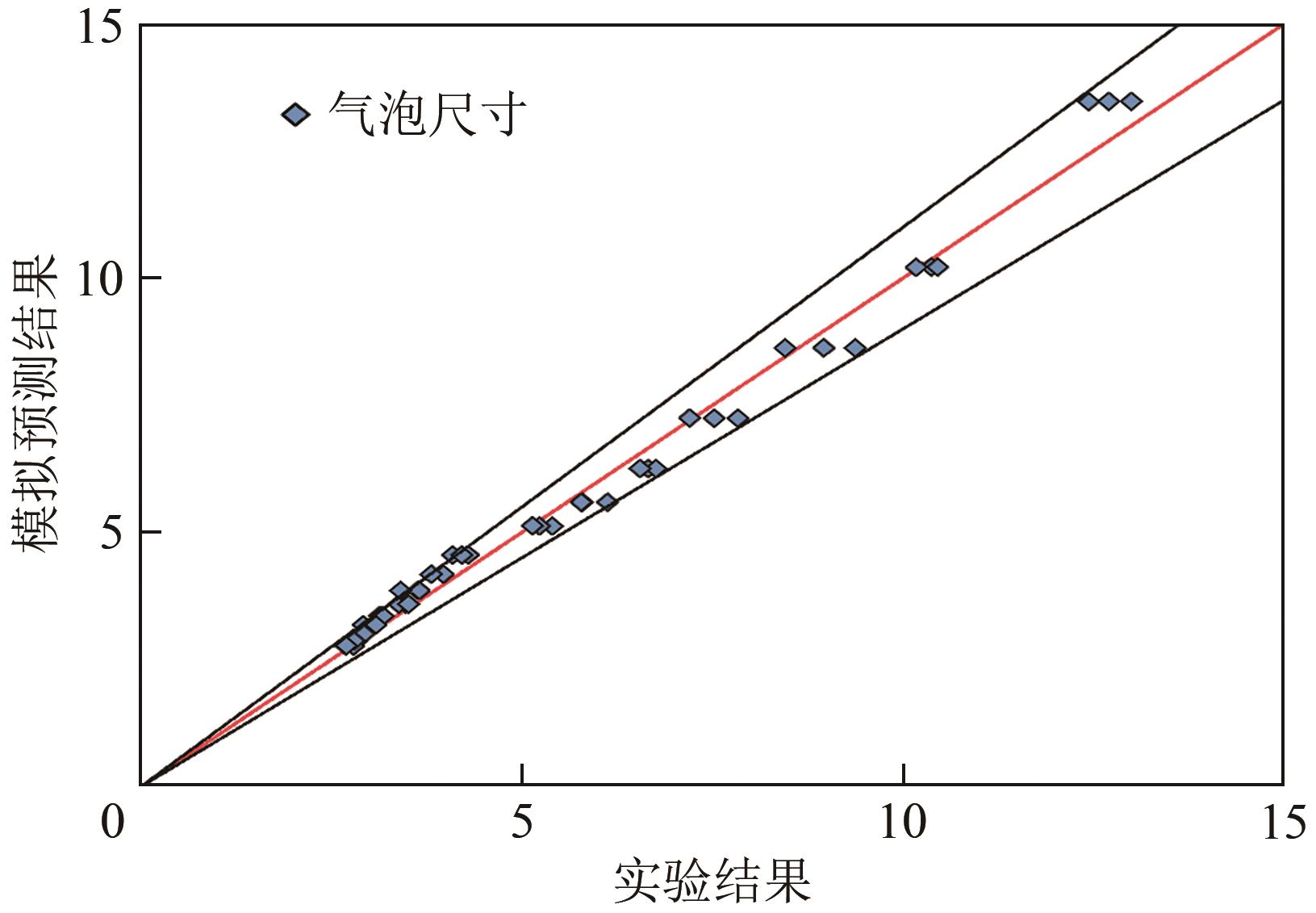| 1 |
ZHOU Dequn, DING Hao, WANG Qunwei, et al. Literature review on renewable energy development and China’s roadmap[J]. Frontiers of Engineering Management, 2021, 8(2): 212-222.
|
| 2 |
孙靖晨, 刘海龙, 王军锋, 等. 电场强化层流搅拌的荧光可视化试验及模拟分析[J]. 化工进展, 2021, 40(12): 6547-6556.
|
|
SUN Jingchen, LIU Hailong, WANG Junfeng, et al. Flow visualization by PLIF technique and numerical modeling of mixing enhancement in stirred tank under electric fields[J]. Chemical Industry and Engineering Progress, 2021, 40(12): 6547-6556.
|
| 3 |
WU Jianxiang, YANG Xuejing, GONG Ming. Recent advances in glycerol valorization via electrooxidation: Catalyst, mechanism and device[J]. Chinese Journal of Catalysis, 2022, 43(12): 2966-2986.
|
| 4 |
张伟, 王军锋, 苏巧玲, 等. 针-环电极配置下电场对气泡分散特性的影响[J]. 化工进展, 2022, 41(6): 2931-2938.
|
|
ZHANG Wei, WANG Junfeng, SU Qiaoling, et al. Effect of electric field on bubble dispersion characteristics with needle-ring electrode configuration[J]. Chemical Industry and Engineering Progress, 2022, 41(6): 2931-2938.
|
| 5 |
房贤仕, 李秋英, 陈杰, 等. 管内气液两相流换热关联式研究现状[J]. 东北电力大学学报, 2022, 42(1): 71-78.
|
|
FANG Xianshi, LI Qiuying, CHEN Jie, et al. A review on heat transfer correlation of gas-liquid two-phase flow in tubes[J]. Journal of Northeast Electric Power University, 2022, 42(1): 71-78.
|
| 6 |
ZHAO Weidong, ZHANG Xiaoyin, HUANG Jianquan, et al. Hydrogenation of bio-oil via gas-liquid two-phase discharge reaction system[J]. Process Safety and Environmental Protection, 2018, 118: 167-177.
|
| 7 |
NI Peiyuan, JONSSON Lage Tord Ingemar, ERSSON Mikael, et al. On the deposition of particles in liquid metals onto vertical ceramic walls[J]. International Journal of Multiphase Flow, 2014, 62: 152-160.
|
| 8 |
XU Xiao, YANG Qiang, WANG Chaoyang, et al. Impact of bubble coalescence on separation performance of a degassing hydrocyclone[J]. Separation and Purification Technology, 2015, 152: 80-86.
|
| 9 |
POULLIKKAS Andreas. Effects of two-phase liquid-gas flow on the performance of nuclear reactor cooling pumps[J]. Progress in Nuclear Energy, 2003, 42(1): 3-10.
|
| 10 |
LI Kai, LIU Junkao, CHEN Weishan, et al. Controllable printing droplets on demand by piezoelectric inkjet: Applications and methods[J]. Microsystem Technologies, 2018, 24(2): 879-889.
|
| 11 |
张立莹, 雷洪, 牛宏, 等. 线板型静电除尘器的电场、流场与颗粒浓度分布的数值模拟[J]. 高电压技术, 2021, 47(11): 4144-4151.
|
|
ZHANG Liying, LEI Hong, NIU Hong, et al. Numerical simulation for electric field, flow field and particle concentration distribution in wire-plate electrostatic precipitator[J]. High Voltage Engineering, 2021, 47(11): 4144-4151.
|
| 12 |
WANG Dongbao, WANG Junfeng, WANG Xiaoying, et al. Experimental investigation on the deformation and breakup of charged droplets in dielectric liquid medium[J]. International Journal of Multiphase Flow, 2019, 114: 39-49.
|
| 13 |
RAYLEIGH Lord. On the equilibrium of liquid conducting masses charged with electricity[J]. The London, Edinburgh, and Dublin Philosophical Magazine and Journal of Science, 1882, 14(87): 184-186.
|
| 14 |
OKUDA H, KELLY Arnold J. Electrostatic atomization—Experiment, theory and industrial applications[J]. Physics of Plasmas, 1996, 3(5): 2191-2196.
|
| 15 |
CLOUPEAU Michel, Bernard PRUNET-FOCH. Electrohydrodynamic spraying functioning modes: A critical review[J]. Journal of Aerosol Science, 1994, 25(6): 1021-1036.
|
| 16 |
王军锋, 孙成仁, 霍元平, 等. 醇在油相中荷电雾化的实验研究[J]. 工程热物理学报, 2016, 37(7): 1469-1474.
|
|
WANG Junfeng, SUN Chengren, HUO Yuanping, et al. Experimental study on the breakup behaviors of charged ethanol droplet in oil[J]. Journal of Engineering Thermophysics, 2016, 37(7): 1469-1474.
|
| 17 |
江旭丽, 甘云华, 江政纬, 等. 乙醇-生物柴油液滴的荷电与破碎特性分析[J]. 高电压技术, 2019, 45(12): 4115-4121.
|
|
JIANG Xuli, GAN Yunhua, JIANG Zhengwei, et al. Analysis on charge and breakup characteristics of ethanol-biodiesel droplets[J]. High Voltage Engineering, 2019, 45(12): 4115-4121.
|
| 18 |
ZAGHDOUDI Mohamed Chaker, LALLEMAND Monique. Study of the behaviour of a bubble in an electric field: Steady shape and local fluid motion[J]. International Journal of Thermal Sciences, 2000, 39(1): 39-52.
|
| 19 |
DI BARI Sergio, ROBINSON Anthony J. Adiabatic bubble growth in uniform DC electric fields[J]. Experimental Thermal and Fluid Science, 2013, 44: 114-123.
|
| 20 |
DI MARCO Paolo, KURIMOTO Ryo, SACCONE Giacomo, et al. Bubble shape under the action of electric forces[J]. Experimental Thermal and Fluid Science, 2013, 49: 160-168.
|
| 21 |
OGATA Sumitoshi, YOSHIDA Tetsuya, SHINOHARA Hisashi. Small air bubble formation in insulating liquids under strong nonuniform electric field[J]. Japanese Journal of Applied Physics, 1979, 18(2): 411-412.
|
| 22 |
ZHANG Wei, WANG Junfeng, LI Bin, et al. EHD effects on periodic bubble formation and coalescence in ethanol under non-uniform electric field[J]. Chemical Engineering Science, 2020, 215: 115451.
|
| 23 |
ZHANG Wei, WANG Junfeng, HU Weihan, et al. Enhancement of electric field on bubble dispersion characteristics in leaky-dielectric liquid medium[J]. International Journal of Multiphase Flow, 2021, 142: 103743.
|
| 24 |
COELHO R, DEBEAU J. Properties of the tip-plane configuration[J]. Journal of Physics D: Applied Physics, 1971, 4(9): 1266-1280.
|
| 25 |
LANDAU L D, BELL J S, KEARSLEY M, et al. Electrodynamics of continuous media[M]. Amsterdam: Elsevier, 2013.
|
| 26 |
OGATA Junji, YABE Akira. Augmentation of boiling heat transfer by utilizing the EHD effect—EHD behaviour of boiling bubbles and heat transfer characteristics[J]. International Journal of Heat and Mass Transfer, 1993, 36(3): 783-791.
|
| 27 |
BONJOUR E, VERDIER J, WEIL L. Electroconvection effects on heat transfer[J]. Chemical Engineering Progress, 1962, 58(7).
|
| 28 |
CLIFT Roland, GRACE John, WEBER Martin E. Bubbles, drops, and particles[M]. New York: Dover Pubns, 2005
|
 ), LIU Hailong(
), LIU Hailong( ), LI Changfeng, WANG Junfeng
), LI Changfeng, WANG Junfeng
